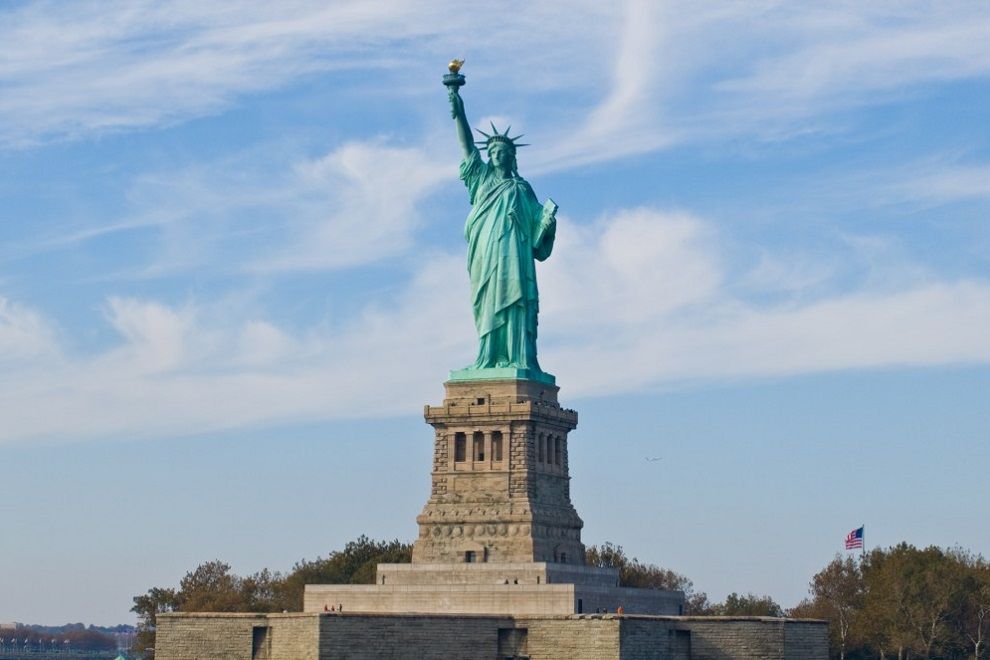Views expressed in opinion columns are the author’s own.
As an undergraduate student, I can’t help but measure my self-worth by my most recent exam grade or the length of my resume. College is a competition of who can take the hardest classes while getting the least amount of sleep possible. And if I’m falling behind, the solution is simple: Just work harder.
This workaholic culture of higher education is founded upon the idea that anyone can achieve American dream if they just work hard enough. James Truslow Adams, a historian, coined the idea of the American dream in his 1931 book The Epic of America, describing a “dream of a land in which life should be better and richer and fuller for everyone, with opportunity for each according to ability or achievement.”
Adams’ vision of equal opportunity and social mobility, though virtuous, was naive. In practice, the American dream is only attainable for a select few, regardless of innate ability. Some people work multiple jobs their whole lives, yet they can’t escape the cycle of poverty. If you haven’t experienced that heartbreak for yourself, it can be difficult to realize that the American dream was never real in the first place.
It’s become even more obvious in the past few weeks that working hard does not guarantee success in the U.S. What do you do when something beyond your control — a worldwide pandemic — takes away your job, your education or your health? The coronavirus pandemic has shattered the notion of the American dream, but what makes it the tipping point?
First, people are no longer in control of their own prosperity, breaking the illusion that they ever were. The number of Americans applying for unemployment aid has skyrocketed to 22 million, a level unseen since the Great Depression. Yet these job losses aren’t the consequence of individual incompetency — they’re the result of factors beyond our individual control.
This dispels the idea that motivation and work ethic are the sole guarantors of success and failure. Much of the time, success is a just product of chance. And those who are fortunate enough to be born into the world of opportunity — be it a higher socioeconomic status or a neighborhood with better education — are often the ones who reap the benefits of the system.
Second, the pandemic dismisses the notion that service workers are unskilled, expendable and invaluable. Service workers, such as grocery store clerks, delivery workers and trash collectors, are among the country’s lowest-paid employees. Not only do they earn a measly wage for their work, but they often don’t get the same benefits and job security as non-service workers. It’s clear how little we appreciated these workers before the pandemic.
But those jobs that we before saw as worthless or “lazy” are now considered essential to keeping the country running and maintaining the quality of life we expect. This reverses the flawed narrative that a high-earning, white-collar career is the ultimate ideal that Americans can achieve. Though it shouldn’t have taken a pandemic for us to realize, I’m glad that service workers are finally getting some respect.
Of course people should be praised for their hard work and ability. But the assertion that individual merit is the sole determinant of success leads us to believe that jobs that require more skill or qualification are inherently more valuable to society. The coronavirus pandemic exposes the fallacy of the American dream, showing us that control and hard work are more beyond our reach than ever before.
Allison Cochrane is a junior biology major. She can be reached at allisonc@umd.edu.



